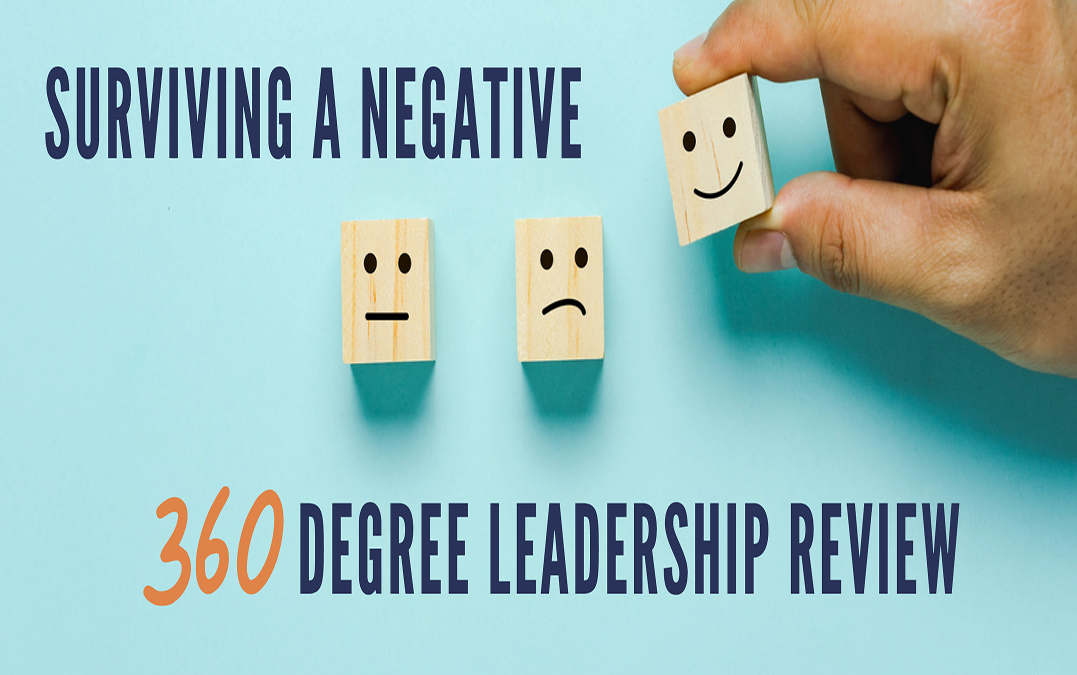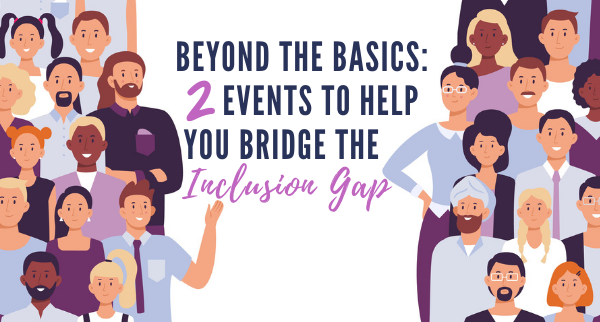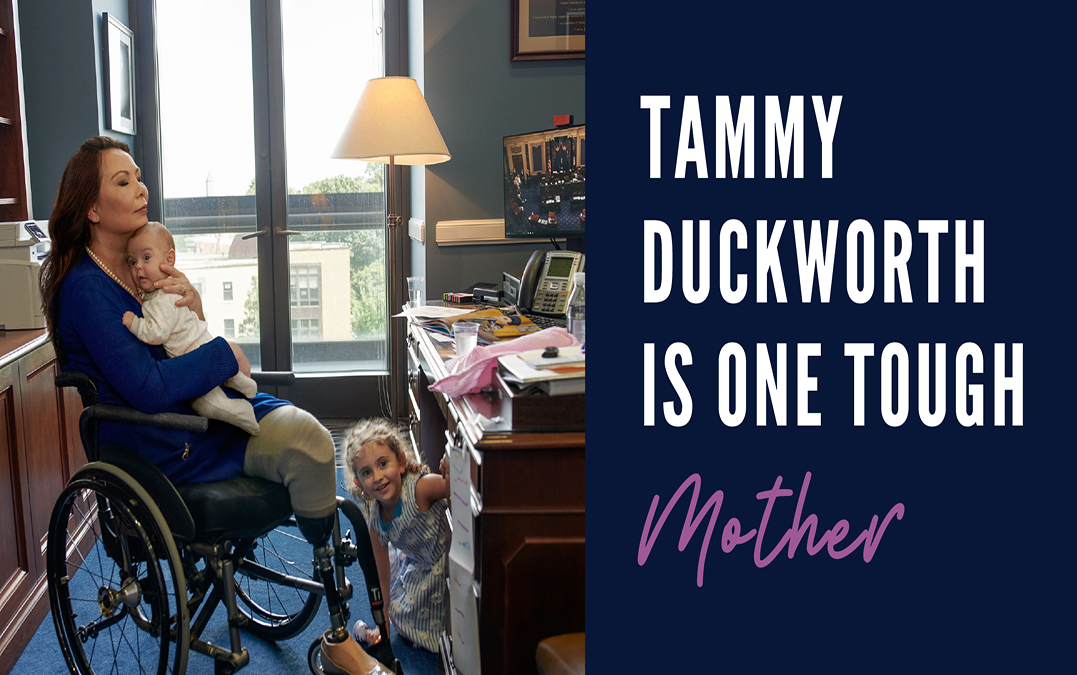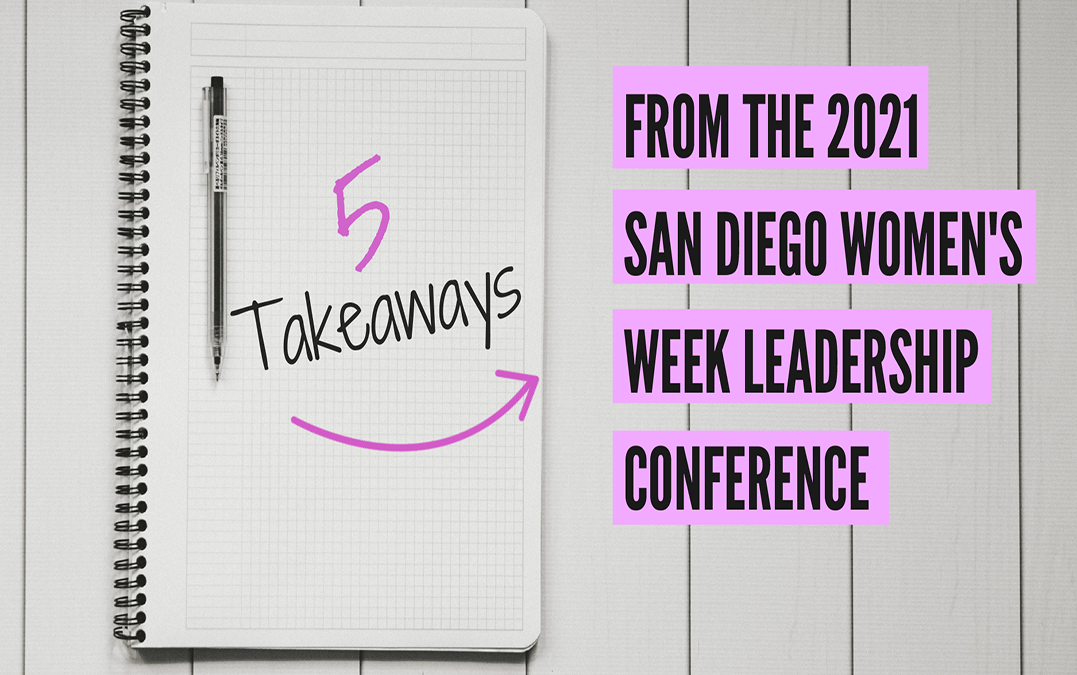
3 Ways to Help Leaders Reflect and Refuel
During the 3 minutes it will take you to read this post, you’ll probably get an email, a text, a Slack message, a missed call, a social media notification, or some combination of all of the above. Let 30 minutes pass, and you could be swimming in unanswered inbounds. A steady diet of requests for your attention – both electronically and in-person – can leave you overwhelmed and intellectually and emotionally undernourished. You cannot lead effectively when your plate is full, but your cup is empty.
You cannot lead effectively when your plate is full, but your cup is empty.
As a leader, you have a responsibility to create a culture of performance. Research shows that your ability to do so will require you to carve out your most precious resource – time – for yourself to reflect. In his March 2013 Harvard Business Review article, JP Morgan Managing Director Chris Lowney suggested that leaders need to take a mental pit stop. As a former Jesuit seminarian, Lowney recalled that St. Ignatias of Loyola, founder of the Jesuits, recommended a practice known as examen. Simply put, it’s the concept of examining your day and taking stock.
Before you move onto your next thing to do, make a commitment to yourself to refuel by practicing the 3 G’s for daily reflection. Find a notebook and select a time and place each day to examen, as follows:
Practice Gratitude. A 2013 survey of 2,000 Americans by the John Templeton Foundation found that people are less likely to feel gratitude about work than anyplace else. In fact, respondents tended to rank their jobs as dead last when asked to list the things they were grateful for. Yet, studies have shown that people who make a habit of recording what they are grateful for have more positive emotions, feel better physically and mentally, and feel more connected to others as a result. What or who at work are you grateful for?
Give Your Reserve. When your tank is low, the last thing you may think about is, “what can I do to help someone else?” But, research confirms that the warm glow you feel after giving someone else a boost can be mapped to neural hedonic activity (aka stimulate pleasure systems in the brain). So, pick up the check for the next person in the drive-thru. Call someone who needs it. Take the neighbor’s garbage cans in. It will brighten their day, and give yourself a lift as well. What little thing could you give today?
Extend Grace. There’s a saying that not forgiving someone is like drinking poison and hoping the other person dies. Remember when your colleague cut you off in mid-sentence on Zoom when you were trying to make that point about the new project? Drop it. Whether she did it to undermine you or because she was caught up in brainstorming, it’s over. She’s not burning up thinking about it. While you’re at it, give yourself some grace too. If you’re still punishing yourself for a mistake you made with the best of intentions, let it go. Who can you stop keeping score on?
Especially during these unpredictable days, you’re taking in more information than you ever have before. Make time for yourself to reflect and refuel so that you can turn that information into knowledge, and that knowledge into insight.
Question: What do you do when your plate is full but your cup is empty?
Driven by the premise that excellence is the result of aligning people, purpose and performance, Center for Executive Excellence facilitates training in leading self, leading teams and leading organizations. To learn more, subscribe to receive CEE News!






 1.
1.  2.
2.  3.
3.  4.
4.  5.
5. 